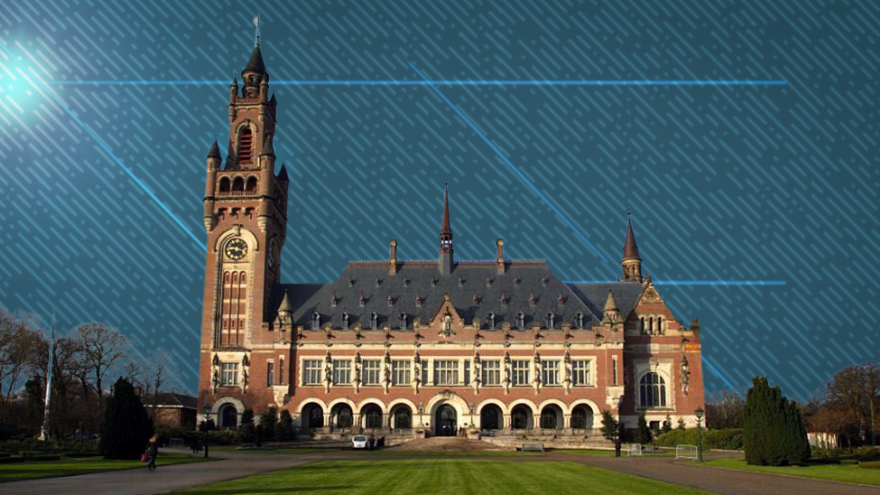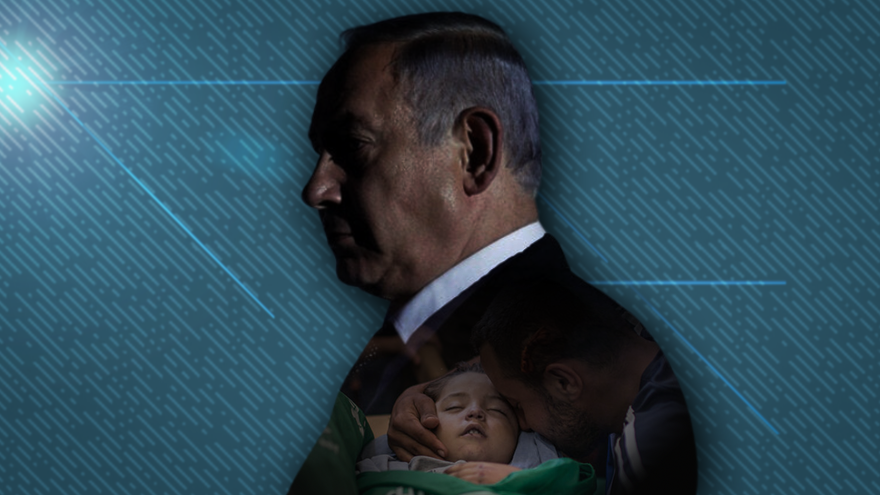In the historic 15-2 ruling, the International Court of Justice (ICJ) says that Israel must “take all measures within its power” to cease acts that violate the Genocide Convention, to which it has been a signatory since 1949. The case was brought recently by South Africa in an 84-page complaint, indicting Israel for violations of the 1948 Convention on the Prevention and Punishment of the Crime of Genocide, which considers genocide a crime under international law and defines it to mean “any of the following acts committed with intent to destroy, in whole or in part, a national, ethnical, racial or religious group, as such:The United Nations’ top court has issued a preliminary ruling that there is sufficient basis to determine that Israel is committing genocide in its handling of the Gaza crisis and its treatment of Palestinians.
(a) Killing members of the group; (b) Causing serious bodily or mental harm to members of the group; (c) Deliberately inflicting on the group conditions of life calculated to bring about its physical destruction in whole or in part; (d) Imposing measures intended to prevent births within the group; (e) Forcibly transferring children of the group to another group.” Israeli National Security Minister Itamar Ben Gvir responded to the ICJ ruling by calling the international court “antisemitic.” Israel has consistently maintained it is at war with Hamas, not the people of Gaza. South Africa’s filing contains 574 citations and detailed examples of hundreds of incidents and circumstances it considers evidence of genocide, as well as numerous pages of public statements from Israeli officials it believes have genocidal intent. ICJ Judge Joan Donoghue read the court order relating to South Africa’s petition, which asked the ICJ to issue provisional measures and found:
In the Court's view, the facts and circumstances mentioned above are sufficient to conclude that at least some of the rights claimed by South Africa and for which it is seeking protection are plausible. This is the case with respect to the right of the Palestinians in Gaza to be protected from acts of genocide and related prohibited acts identified in Article III, and the right of South Africa to seek Israel's compliance with the latter's obligations under the Convention. The ICJ also says, “The Palestinians appear to constitute a distinct ‘national, ethnical, racial or religious group’ and hence a protected group within the meaning of Article II of the Genocide Convention.” The court says that:
In the hours prior to the ruling, a Hamas spokesperson said they would commit to a ceasefire if ordered by the ICJ, if Israel was included in the demand. He also said Hamas would release all hostages if Israel released all Palestinian detainees held in Israel. The ICJ did not grant South Africa’s demand for an immediate ceasefire in Israel’s military response to the Hamas attack in October of last year. With the preliminary ruling, the court declined Israel’s request to dismiss the complaint. “The court cannot accede to Israel’s request that it not entertain the application,” Donoghue added. At this early stage in proceedings, the court is not definitively stating Israel has committed genocide, only that it it plausible. The OCJ ordered Israel to provide a report in one month on all of the measures it has taken to address the ruling. The full text of the court’s decision may be found here.
Loading...

